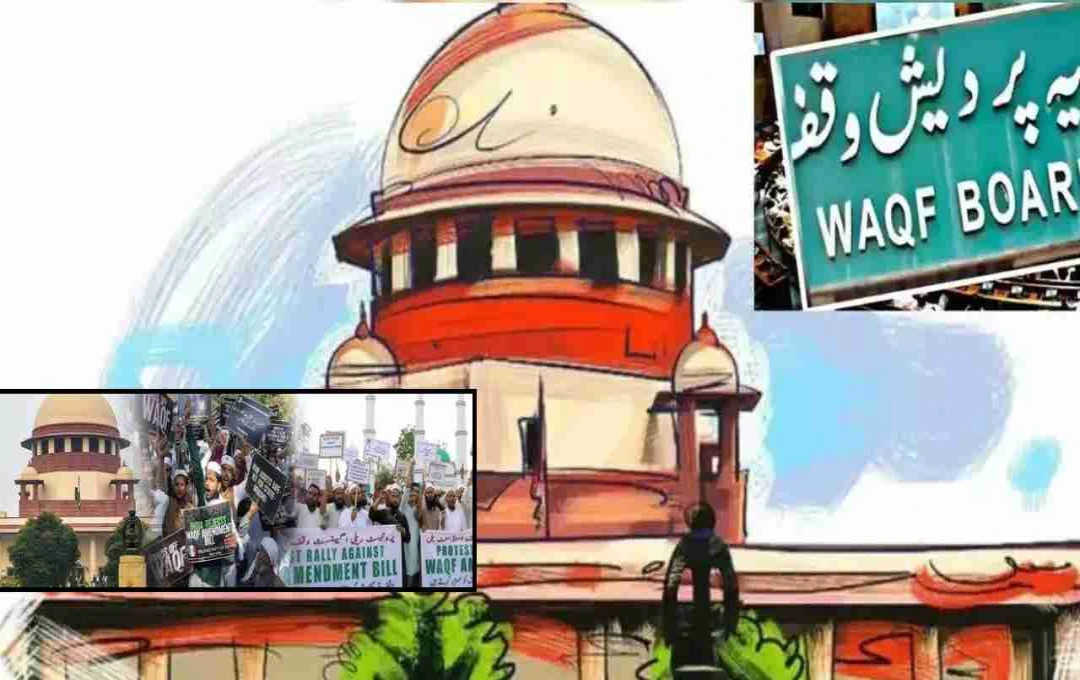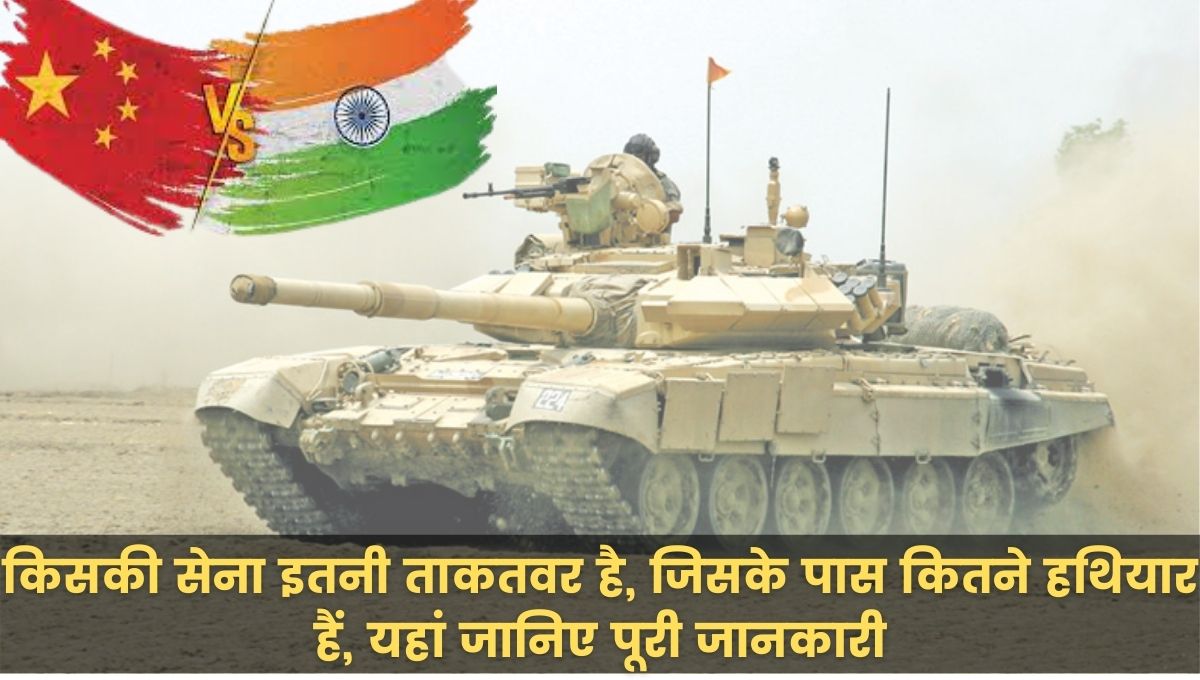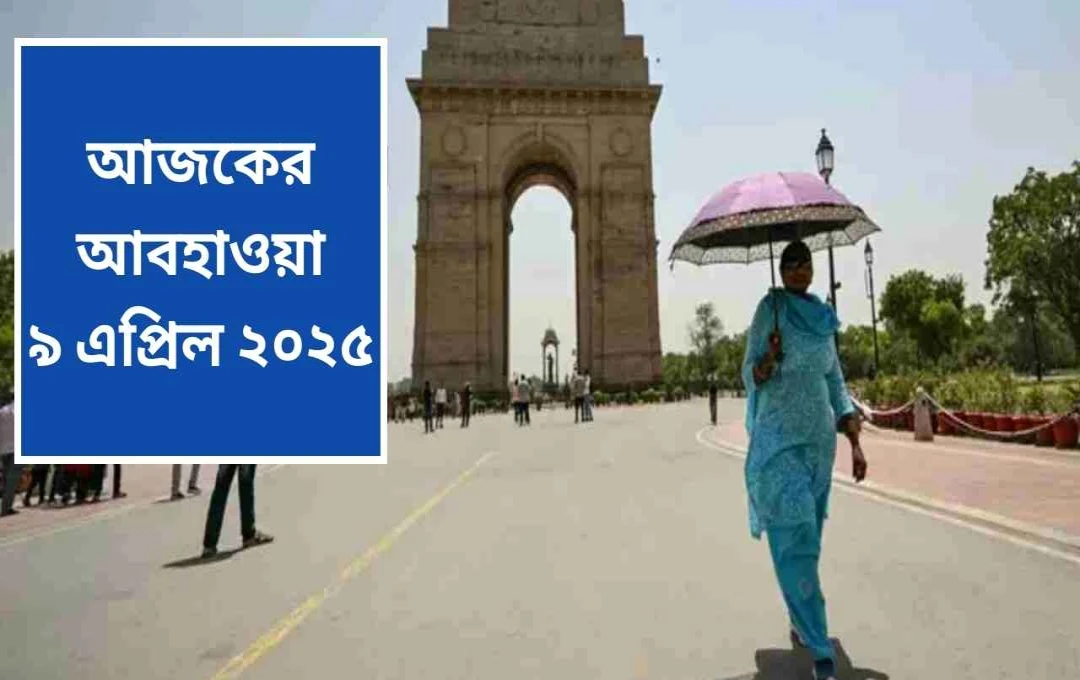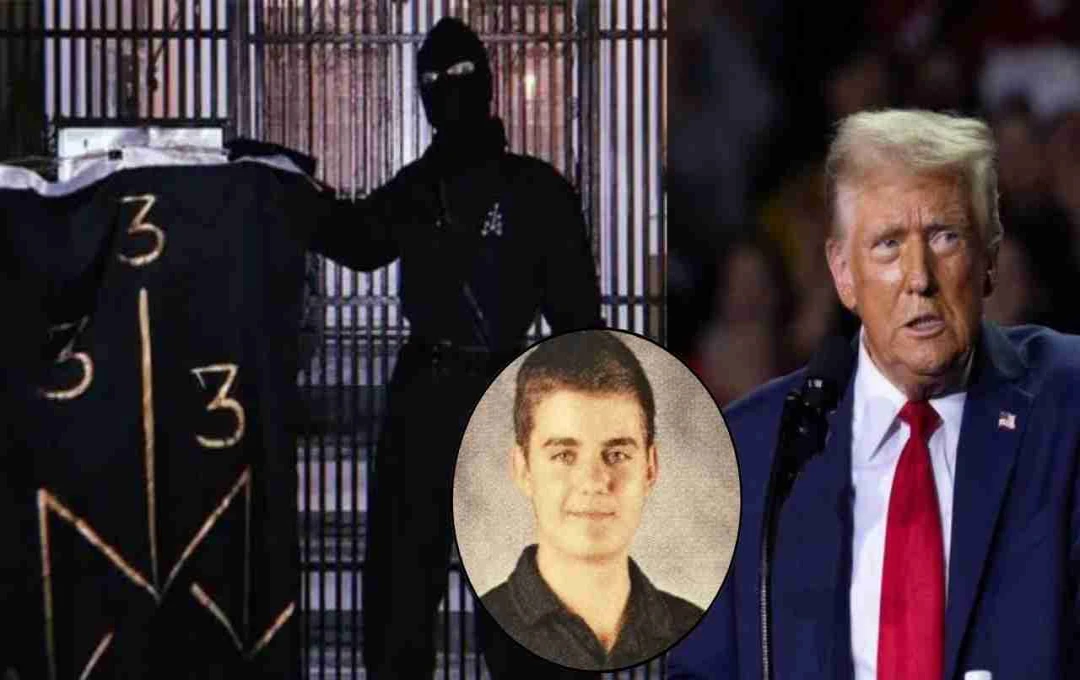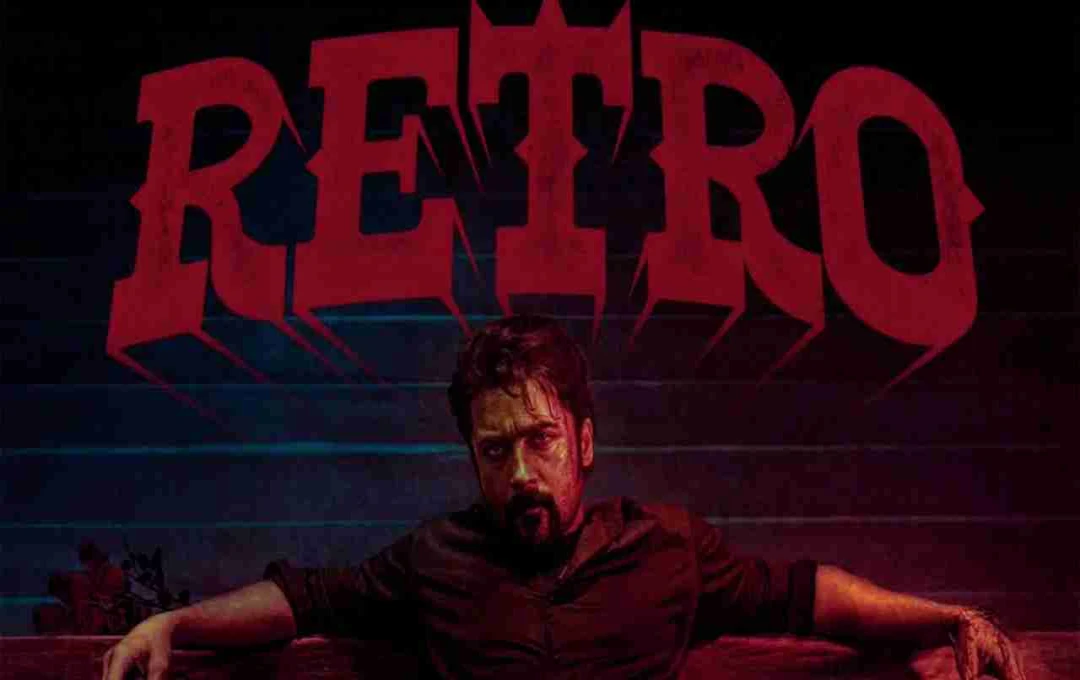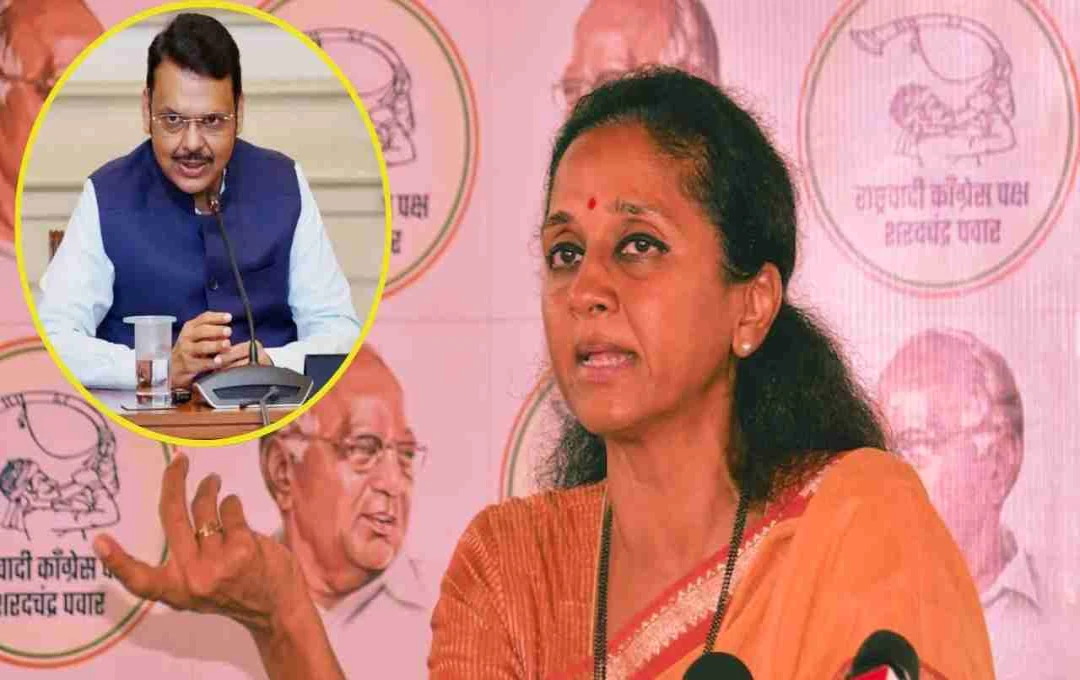Sikh Leader Challenges Waqf Amendment Act 2025 in Supreme Court
Sikh leader Daya Singh has challenged the Waqf Amendment Act 2025 in the Supreme Court, arguing that its restrictions on non-Muslims donating to Waqf properties violate fundamental rights.
Waqf Act: Controversy surrounding the Waqf Amendment Act 2025 continues. Another writ petition has been filed in the Supreme Court against this Act. This petition has been filed by Daya Singh, President of the Gurudwara Singh Sabha in Gurugram. He has termed the central government's amendment as "against constitutional values" and claims it violates India's secular ethos and the right to religious freedom.
Petitioner's Objections:
In his petition, Daya Singh argues that the Waqf Amendment Act 2025, by prohibiting non-Muslims from donating to Waqf institutions, directly infringes upon fundamental rights guaranteed under the Constitution – such as freedom of religion, freedom of conscience, and the right to property.
He further contends that while Hindu and Sikh religious trusts enjoy complete autonomy, government control over Waqf boards has been increased. This, he argues, violates Article 14 (right to equality).
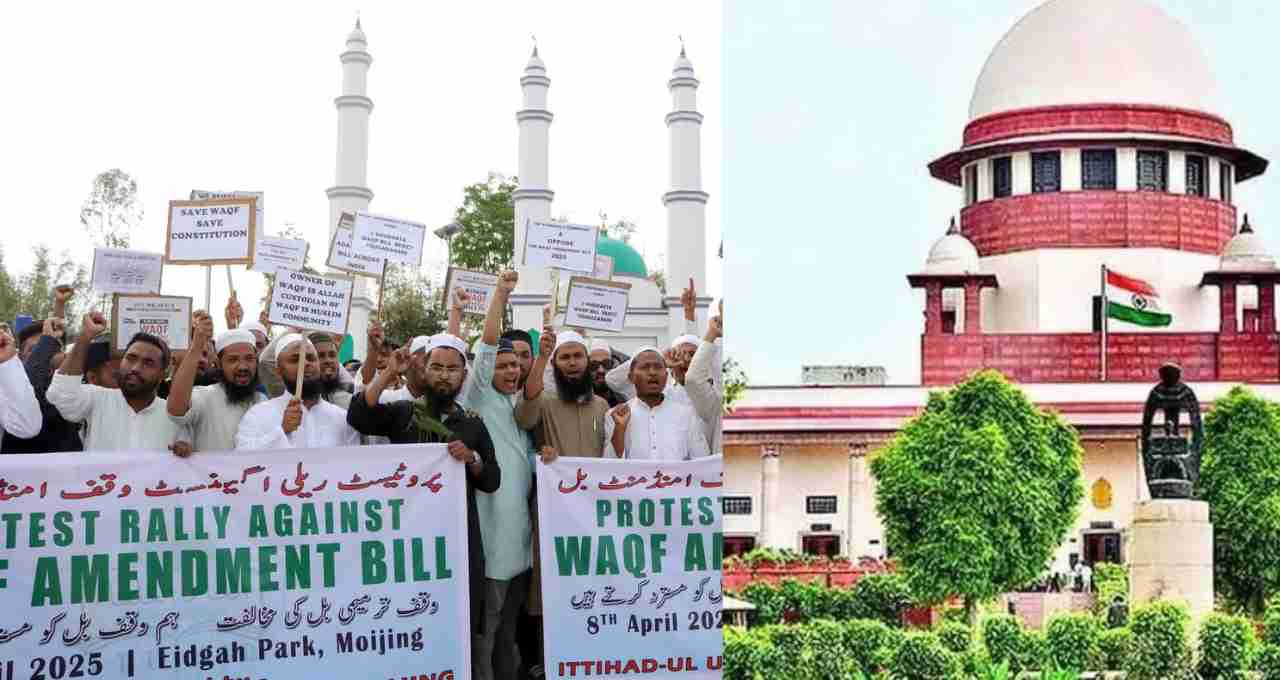
"Charity is a Sikh Tradition"
Daya Singh's petition states that charity is considered sacred in Sikhism and includes interfaith donations. He argues that imposing a condition of "practicing Islam for 5 years" on a non-Muslim wishing to donate property to a Waqf is arbitrary and discriminatory.
Questioning Government Intervention:
The petitioner also challenges the state governments' monitoring of Waqf properties and regulation of donations as unconstitutional. He argues that the government cannot control donations or devotion based on religious identity. This law, he asserts, contravenes the principle of separation of state and religion.
Daya Singh filed this petition through Advocate on Record, Shekhawat Saikwal. Meanwhile, the Supreme Court will also hear already pending petitions on the Waqf Act 2025 on Wednesday, making this case a focal point of national and religious discourse.
